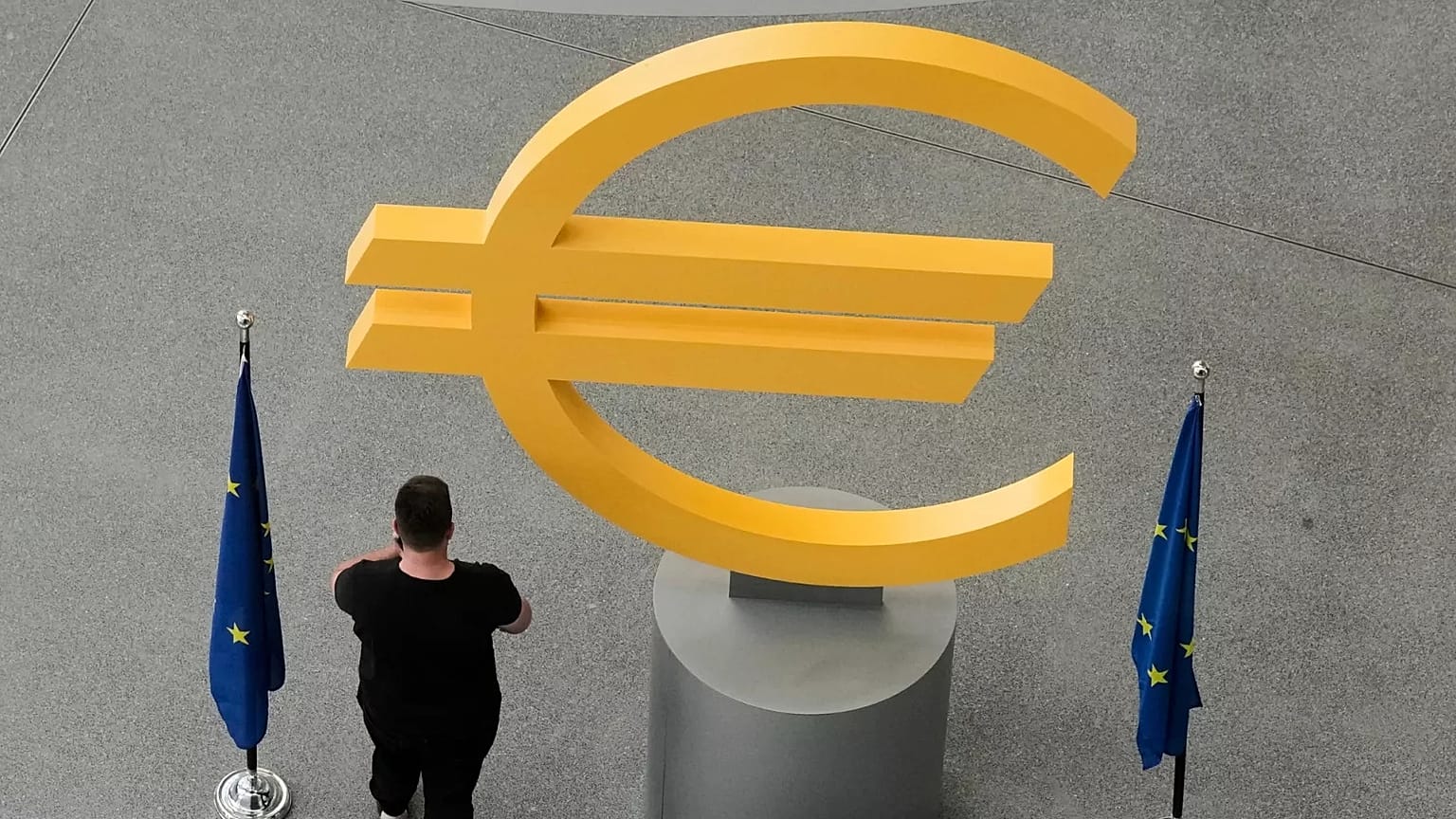Business
EU Finance Ministers Accelerate Talks on Digital Euro Framework

EU finance ministers are intensifying discussions regarding the legal framework for a digital euro, aiming for a consensus by the end of 2025. While progress has been made, significant hurdles remain, including privacy concerns, limits on holdings, and the implications for non-eurozone countries. Earlier in the year, EU leaders urged finance ministers to expedite these discussions, and the momentum has surged as negotiations progressed throughout July.
During a meeting in Brussels, German finance minister Lars Klingbeil emphasized the necessity of establishing a fair compensation model for banks and ensuring robust privacy protections for citizens from the outset. He stated, “We have to find a fair compensation model and good distribution conditions for banks and, of course, we have to offer citizens a high level of privacy protection from day one.”
Key issues extend beyond privacy and compensation. Nations like Sweden advocate for a system that minimizes burdens on banks outside the eurozone, while the Netherlands prefers a low holding limit to restrict the digital euro’s use solely as a payment method. In contrast, Hungary is seeking a direct role in decisions surrounding the digital euro’s issuance.
The urgency of establishing this framework was highlighted by Luis de Guindos, Vice-President of the European Central Bank (ECB), who indicated that no decision would be made on the digital euro until the legal groundwork is solidified. Once the legislation is passed, the ECB will determine the next steps, which could initiate a preparatory phase lasting approximately two and a half years. De Guindos stressed the importance of collective action, stating, “Accelerating progress on the digital euro is essential to reduce our growing dependence on the US, as most electronic payment solution providers are US firms.”
Presently, 13 out of 20 eurozone countries lack a national card scheme, relying on international companies like Visa and Mastercard for digital transactions. This dependence is further complicated by recent developments in the United States, where the government has enacted the so-called Genius Act, governing the stablecoin market. The ECB’s Piero Cipollone has previously raised alarms about how US-backed stablecoins could threaten Europe’s financial stability and strategic autonomy.
In a related context, the ECB is exploring operating the digital euro on a public blockchain, potentially utilizing technologies like Ethereum or Solana, rather than limiting itself to a private framework. The ECB confirmed that it is testing various technologies, including centralised and decentralised approaches, although no firm decisions have been made yet.
The European Consumer Organisation’s head of financial services, Anna Martin, emphasized the critical need for Europe to build its digital euro infrastructure with local providers. “Current geopolitical uncertainties show very clearly the necessity to reduce Europe’s dependency on non-European providers in strategic areas,” she remarked.
The legislative process is complicated by the European Parliament’s slower pace. On February 9, 2024, former rapporteur Stefan Berger submitted a draft report, but since then, progress has stalled, with no votes taking place. Following Berger’s departure in December 2024, Fernando Navarrete of Spain took over the lead on the digital euro file. In an attempt to reinvigorate discussions, Cipollone urged MEPs to advance the legislative process on April 8, 2025.
As of now, Navarrete has not responded to inquiries regarding the halted legislative process. The future of the digital euro remains uncertain, hinging on the successful navigation of these complex discussions among EU finance ministers and the European Parliament.
-

 Top Stories2 months ago
Top Stories2 months agoTributes Surge for 9-Year-Old Leon Briody After Cancer Battle
-

 Entertainment3 months ago
Entertainment3 months agoAimee Osbourne Joins Family for Emotional Tribute to Ozzy
-

 Politics3 months ago
Politics3 months agoDanny Healy-Rae Considers Complaint After Altercation with Garda
-

 Top Stories3 months ago
Top Stories3 months agoIreland Enjoys Summer Heat as Hurricane Erin Approaches Atlantic
-

 World4 months ago
World4 months agoHawaii Commemorates 80 Years Since Hiroshima Bombing with Ceremony
-

 Top Stories2 months ago
Top Stories2 months agoNewcastle West Woman Patricia Foley Found Safe After Urgent Search
-

 Top Stories4 months ago
Top Stories4 months agoFianna Fáil TDs Urgently Consider Maire Geoghegan-Quinn for Presidency
-

 World4 months ago
World4 months agoCouple Convicted of Murdering Two-Year-Old Grandson in Wales
-

 World4 months ago
World4 months agoGaza Aid Distribution Tragedy: 20 Killed Amid Ongoing Violence
-

 World4 months ago
World4 months agoAristocrat Constance Marten and Partner Convicted of Infant Murder
-

 Top Stories3 months ago
Top Stories3 months agoClimbing Errigal: A Must-Do Summer Adventure in Donegal
-

 Top Stories3 months ago
Top Stories3 months agoHike Donegal’s Errigal Mountain NOW for Unforgettable Summer Views









